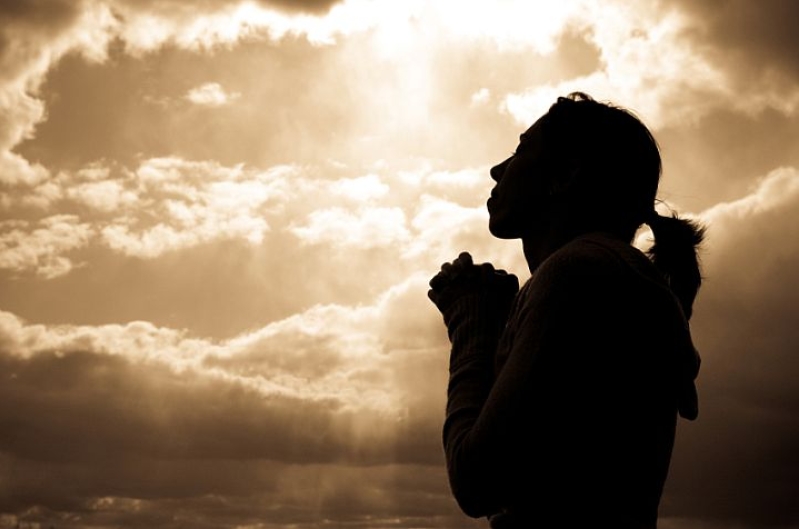
"What is the future of traditional religion in this country," asked Arthur Brooks, president of the American Enterprise Institute in a public policy blog Monday. He said he believes this question is now discussed constantly across America, from dinner tables to graduate seminars to think-tank conference centers.
Citing a 2015 Pew report that was shared as bad news for traditional Christianity, Brooks wrote that the report helped popularize a now-famous phrase: the "rise of the nones." It showed a big increase in the number of Americans who identify with no religion at all. Since 2007 alone, the ranks of these "nones" grew from 16 percent of America to almost 23 percent today, he noted.
That makes "unaffiliated" the second largest of all religious groups - just behind Evangelical Protestants, just ahead of Catholics, and well ahead of mainline Protestants and all other faiths.
However, Brooks said maybe there is not such a large shift in religion on the horizon, pointing to the 2015 release of religion scholar Rodney Stark's book titled "The Triumph of Faith."
"As you can guess from the title, he (Stark) doesn't agree with the conclusion that many are drawing from the Pew paper. But he doesn't directly dispute the 'rise of the nones' thesis," said Brooks.
Instead, Brooks said Stark combines that result with another, seemingly contrary trend. He notes that over the same years when the number of officially "unaffiliated" Americans swelled, church attendance did not significantly drop. Furthermore, the percentage of self-declared atheists did not seem to increase. What can explain this paradox?
Stark solves the puzzle by arguing that almost all of the new "nones" were Americans who already weren't attending church much - they just held on to religious labels, stated Brooks. As the broader culture around them secularized, the social pressures that once urged nominal believers to self-identify with faiths they didn't practice were worn away. So, by Stark's logic, the dramatic Pew report and the "rise of the nones" actually tells a duller story: people who really weren't religious just stopped telling pollsters they were religious, said Brooks.
"If Stark is right, the recent 'rise of the nones' may not imply anywhere near the cataclysmic collapse in the American practice of Christianity as has often been claimed," observed Brooks, who has a Ph.D. and an M.Phil. in policy analysis from the RAND Graduate School, as well as a bachelor's degree in economics from Thomas Edison State College and a master's degree in economics from Florida Atlantic University.
Brooks is the author of 11 books and hundreds of articles on topics including the role of government, fairness, economic opportunity, happiness, and the morality of free enterprise. His latest book is the New York Times best-seller "The Conservative Heart: How to Build a Fairer, Happier, and More Prosperous America" (Broadside Books, 2015). His other books include the New York Times best-seller "The Road to Freedom: How to Win the Fight for Free Enterprise" (Basic Books, 2012), "The Battle: How the Fight Between Free Enterprise and Big Government Will Shape America's Future" (Basic Books, 2010), "Gross National Happiness" (Basic Books, 2008), "Social Entrepreneurship" (Prentice Hall, 2008), and "Who Really Cares" (Basic Books, 2006). Before pursuing his work in public policy, Brooks spent 12 years as a classical musician in the United States and Spain.







